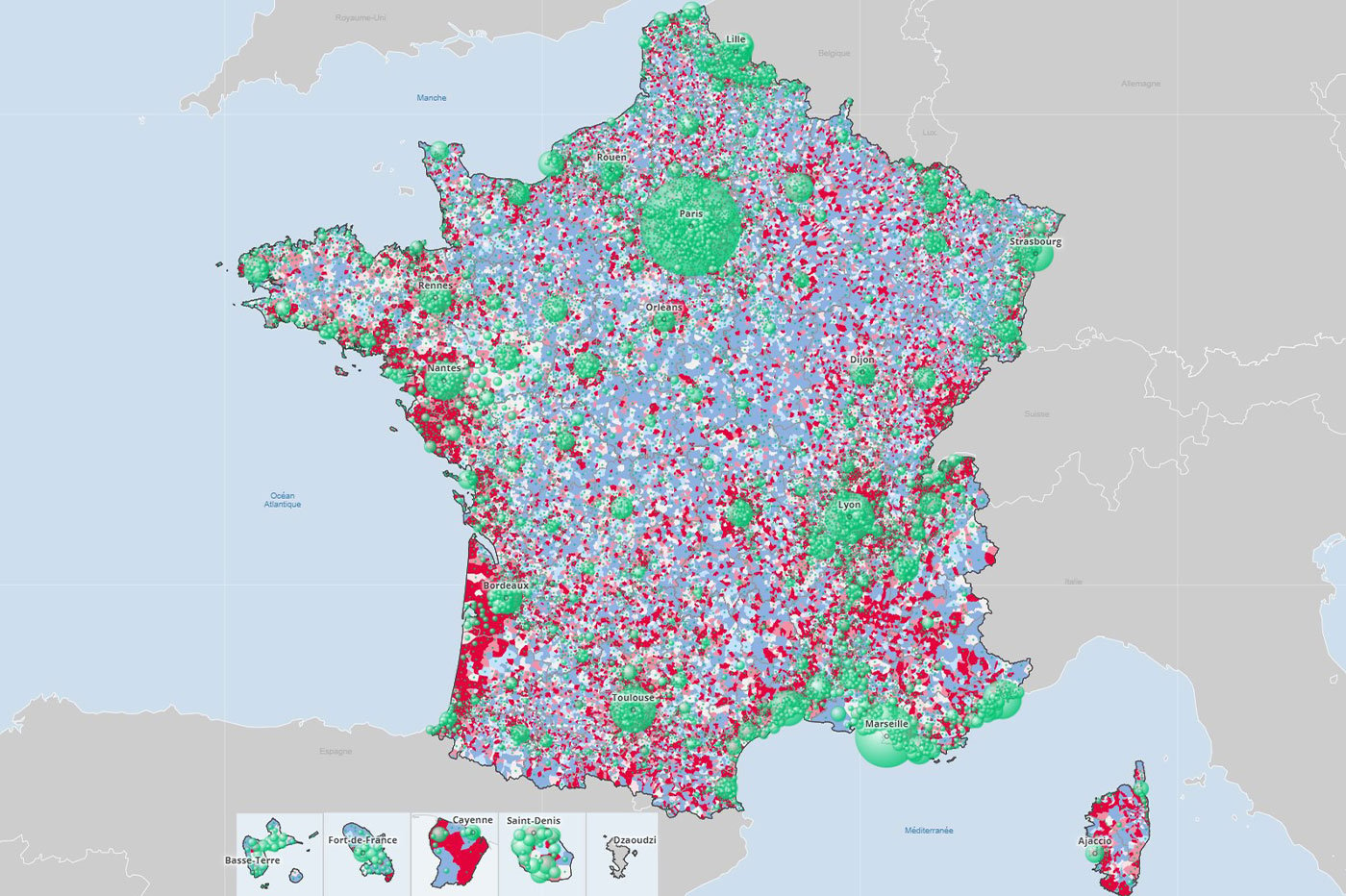When desperate measures to persuade women to have children fail, it’s time to think differently about demographics
-
Devi Sridhar is chair of global public health at the University of Edinburgh
For the past 75 years in global public health, one of the major priorities has been exponential population growth and Malthusian concerns that the supply of food on the planet won’t be able to keep up. In 1951, the world’s population was 2.5 billion, which increased to 4 billion by 1975, 6.1 billion by 2000, and 8 billion by 2023. Governments in the two most populous countries, India and China, even implemented, respectively, draconian policies such as
forced sterilisation
and a one-child restriction.
It now seems that many nations have switched to worrying about the opposite problem. Findings
published last month
from the Global Burden of Disease study, which examines epidemiological trends across the world, notes that fertility rates are falling in most countries. This can be seen as a public health success: lower fertility rates tend to reflect fewer children dying in the first 10 years of life, and an environment that protects women’s bodily autonomy and access to birth control, as well as girls’ education. Having mainly planned pregnancies is seen as societal progress.
Prof Devi Sridhar is chair of global public health at the University of Edinburgh
Continue reading...
chevron_right







